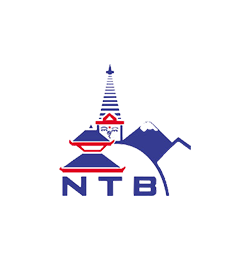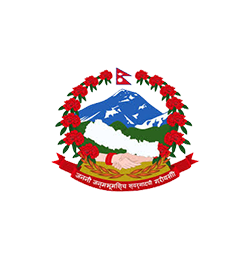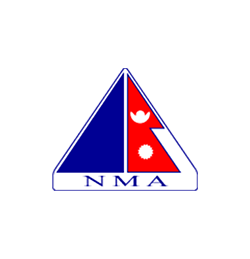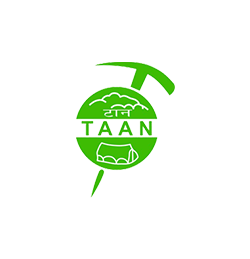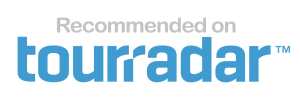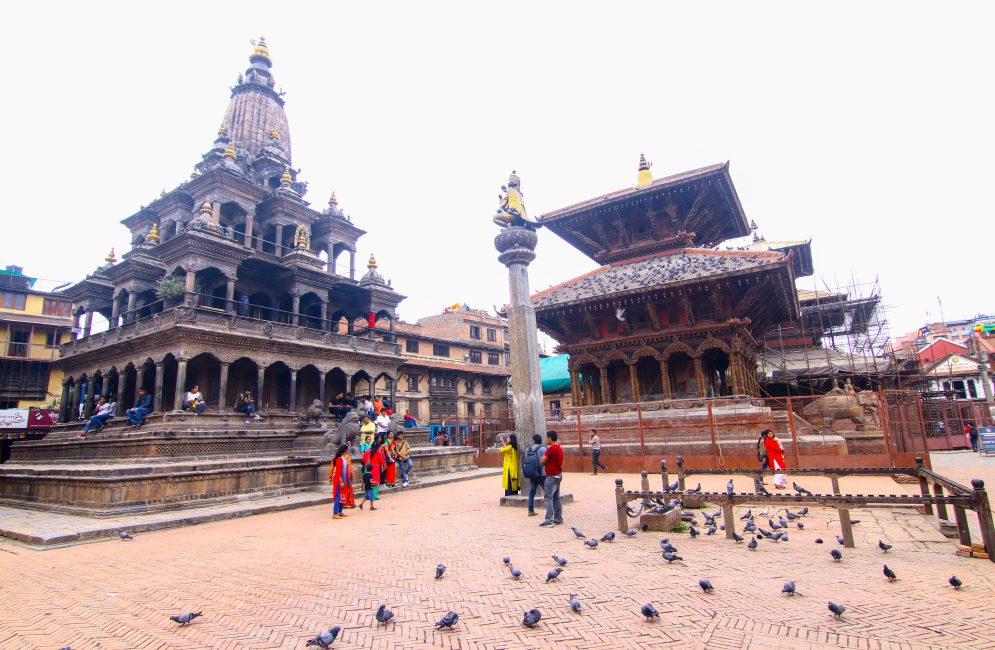
Introduction
After the outbreak of coronavirus and its rapid spread around the world has brought an unprecedented impact on the travel industry of the world. Nepal is a country that depends on the tourism industry like trekking in Nepal and other outdoor activities. As some of the airlines are still flying, including rescue flights to repatriate people. Hotels are laying off their employees. After COVID-19 while traveling be sure to take every safety measure which you’ll need. You’ll have to be safe as traveling increases the chance of getting spread of COVID-19.
There are measures to take care of while you travel to Nepal after COVID-19. These are some things to take care of while traveling.
Wash your hands often
No matter where you are be sure to wash your hands with soap and water for at least 20 seconds especially if you are in a public place, or after blowing your nose, coughing, sneezing. Especially you have to wash your hands in these situations:
- Before eating or preparing food
- Before touching your face
- After using the restroom
- After leaving a public place
- After blowing your nose, coughing, or sneezing
- After handling your mask
- After changing a diaper
- After caring for someone sick
- After touching animals or pets
In some places, water and soaps are not readily available, so at that moment use a hand sanitizer which contains at least 60% of alcohol and be sure to cover all surfaces of your hands and rub them together until they feel dry. With your unwashed hands avoid touching your eyes, nose, and mouth.
Avoid close contact
One of the best ways to be prevented from COVID-19 is by avoiding close contact. Inside your hotel also it is better to avoid close contact. You must avoid close contact with people who are sick and who have a common cold.
- It is better to maintain 6 feet social distance between the person who is sick and other household members if it is possible.
No matter where you go just put 6 feet of distance between yourself and people who don’t live in your surroundings also. Especially, remember that some people without symptoms are able to spread the virus because they are at higher risk of getting very sick.
When you are around others cover your mouth and nose with a mask
- Even if you do not feel sick you could spread COVID-19
- Mask is meant to protect other people in case you are infected
- When social distancing measures are difficult to maintain everyone should wear a mask in a public setting and when around people don’t live in your household.
- Young children under the age of 2 should not wear maks, anyone who has trouble breathing, or who is unconscious, incapacitated, or otherwise unable to remove the mask without assistance.
As surgical masks and N95 respirators are critical supplies that should be reserved for healthcare workers and other first responders and do not use a mask meant for a healthcare worker.
Mask is not a substitute for social distancing and continues to keep about 6 feet between yourself and others.
Cover coughs and sneezes
- Cover your mouth and nose with a tissue or use the inside of your elbow and do not spit when you cough or sneeze.
- Used tissues should be thrown in the trash
- As I have already said immediately wash your hands with water and soap for 20 seconds if it is not available then clean your hands with a hands sanitizer which contains at least 60% alcohol.
Clean and disinfect
While traveling be sure to clean or disinfect the frequently touched surfaces regularly. Which includes bags, clothes, toilets, faucets, phone, desks, doorknobs, light switches, countertops, and tables. Clean all the dirty surfaces and use detergent or soap and water before disinfection. While having Check-in in the hotel be sure the area is disinfected and all the safety measures are used.
Monitor Your Health Daily
While traveling be alert for symptoms and watch for fever, cough, shortness of breath, or other symptoms of COVID-19. If any symptoms are developed then take your temperature within 30 minutes of exercising or after taking medications which could lower your temperature, like acetaminophen.
Considerations for types of Travel
While traveling many things should be considered, as traveling increases the chances of getting and spreading COVID-19 And also depend on whether you and those around you take steps to protect yourself and others by weaning masks, and staying 6 feet away from people outside your surrounding. As Nepal is a poor country it is hard to travel on COVID-19 so, at Airports, bus stations, train stations, and rest stops in all places the travelers can be exposed to the virus in the air and on surfaces. In some places, it will be hard to maintain social distance so you have to be safe by yourself. You are likely to get infected by COVID-19 the longer you are around a person.
Air Travel
While air traveling you’ll have to spend more time in security lines and airport terminals, which will put you in a situation to be in close contact with other people and frequently touched surfaces. On flights, most of the viruses and other germs do not spread easily because of how air circulates and is filtered on airplanes. On crowded flights it is difficult to maintain social distancing and sitting within 6 feet of others, sometimes for hours can increase your risk of getting COVID-19.
Bus or travel
Traveling on buses can increase the risk of getting COVID-19 in Nepal as traveling on buses for any length of time can involve sitting or standing within 6 feet of others. So while choosing to travel by bus be aware to travel while maintaining safety.
Car travel
While traveling in a car it is safe along the way but making stops along the way for the gas, food, or bathroom breaks will put you in close contact with other people and frequently-touched surfaces.
Conclusion
After COVID-19 it is better to travel to Nepal by maintaining all the safety measures such as wearing a mask, gloves, carrying and using sanitizers, maintaining social distance, cleaning the room.

